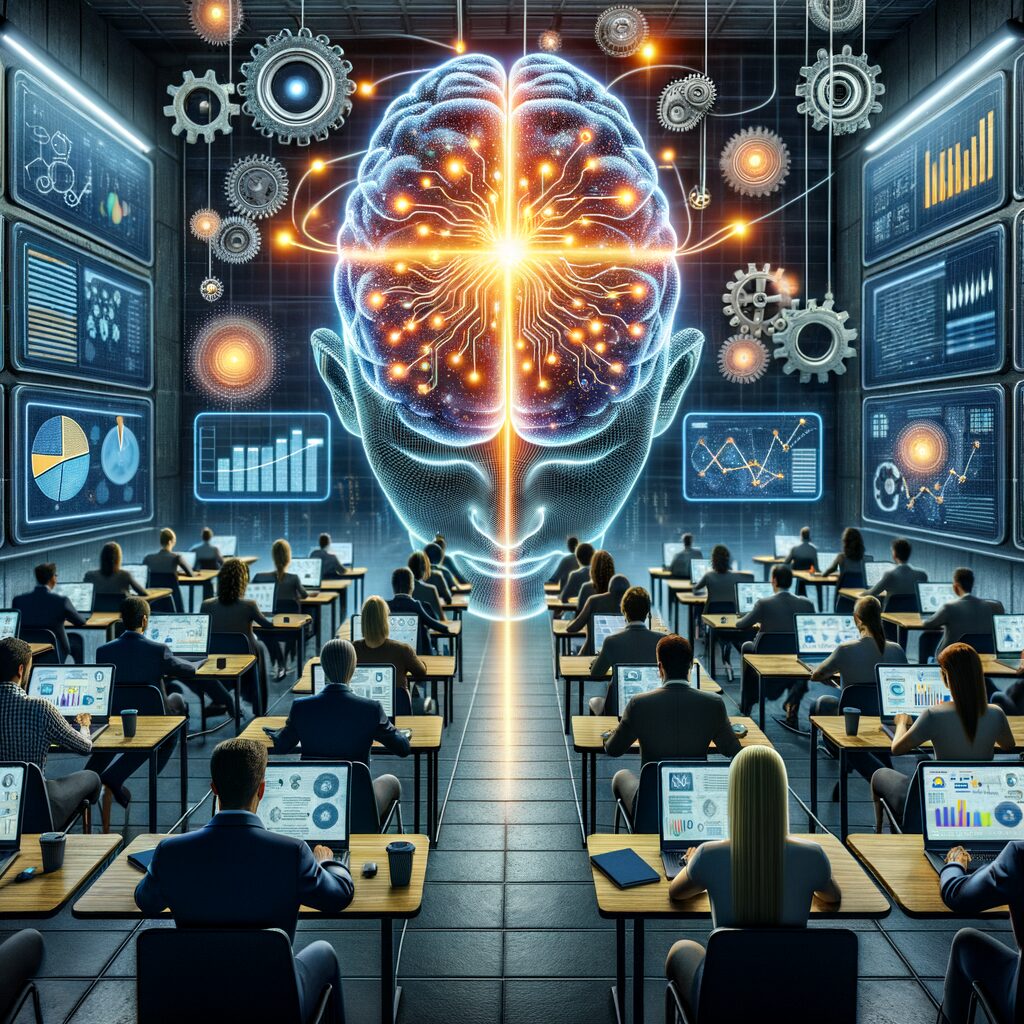
AI-Powered Adaptive Training: Revolutionizing Employee Learning and Development
Imagine sitting through yet another mandatory training session, your mind wandering as the content flashes on the screen—material you already know or topics irrelevant to your daily tasks. The frustration builds when you realize that this one-size-fits-all approach to employee learning doesn’t just waste your time; it leaves you ill-prepared for real challenges and drains motivation. For employers, the pain is equally palpable: months and vast budgets invested in training programs that neither engage employees nor translate to meaningful skill growth. The traditional corporate training model is broken, failing to keep pace with the dizzying speed of workforce skill evolution.
This widespread dissatisfaction and inefficiency highlight a critical pain point in talent development that demands a revolutionary response. Enter AI-powered adaptive training—a new paradigm that transforms how employees learn by personalizing every aspect of the journey. It’s not just a technological upgrade; it’s a fundamental rethinking of learning itself, designed to meet each employee where they are and propel them precisely where they need to go.
The Crushing Burden of One-Size-Fits-All Training
Traditional training programs are often rigid, linear, and unable to adjust to the diverse needs of a workforce. These sessions are designed on the flawed assumption that all employees start at the same knowledge baseline and absorb information at the same pace. Some employees find themselves bored, revisiting familiar concepts, while others struggle to keep up and become disengaged.
This approach contributes to significant problems:
- Low retention rates: Employees forget much of the material shortly after training, especially when it feels irrelevant or overwhelming.
- Reduced productivity: Time spent in ineffective training means less time applying new skills on the job.
- High training costs: Organizations pour resources into generic programs that deliver inconsistent results.
- Employee dissatisfaction: When learning feels like a chore, employee motivation and engagement plummet, leading to higher turnover.
The result is a vicious cycle where learning initiatives drain resources but fail to unlock the potential of the workforce.
How AI-Powered Adaptive Training Breaks the Mold
Adaptive learning platforms, powered by artificial intelligence, harness data and sophisticated algorithms to revolutionize training by attuning content and delivery to each individual employee’s needs in real time. Instead of a static curriculum, the system continuously evaluates learner performance, adjusting difficulty, content sequencing, and assessment types dynamically.
This is how AI-powered adaptive training alleviates the pain:
- Tailored Learning Paths: Machine learning algorithms analyze an employee’s prior knowledge, skill gaps, and learning preferences to craft a personalized training path. This ensures they spend time only on material that advances their proficiency, avoiding redundant content that wastes their time or causes boredom.
- Optimized Pacing and Content Delivery: Recommendation engines modulate the pace based on ongoing learner responses and engagement signals, slowing down for difficult topics and accelerating through familiar ground.
- Intelligent Assessments and Feedback: Natural language processing and predictive analytics deliver real-time feedback, clarify misunderstandings, and recommend remedial actions before gaps become critical.
- Engaging and Interactive Experience: AI-driven chatbots and virtual tutors simulate human interaction, answering questions instantly and adapting explanations according to how the learner responds.
The result is a learning experience that feels intuitive, responsive, and focused—significantly boosting retention and skill acquisition speed.
The Core Technologies Behind Adaptive Learning
To understand the transformative power of AI-driven adaptive training, it’s important to recognize the key technologies fueling this momentum:
- Machine Learning (ML): ML models digest training data, employee performance metrics, and engagement levels to detect patterns and predict the most effective next steps in a learner’s journey.
- Recommendation Engines: These engines suggest customized content modules or exercises by drawing parallels between individual learning profiles and successful outcomes from similar learners.
- Natural Language Processing (NLP): NLP enables adaptive platforms to interpret and respond to learner inputs conversationally. This supports interactive Q&A, real-time clarification, and personalized feedback.
- Data Analytics: Continuous analytics track learner progress and satisfaction, empowering instructors and managers to intervene when necessary and optimize training strategies.
Together, these technologies create a feedback loop where learning adapts instantly to improve outcomes.
Real-World Impact and ROI of Adaptive Training
Organizations that have embraced AI-powered adaptive training have seen remarkable benefits:
- Reduced training time: Employees reach proficiency faster because the system eliminates time spent on irrelevant or redundant material.
- Higher knowledge retention: Personalized learning increases engagement and retention by delivering just the right challenge and support.
- Improved employee satisfaction: Training feels less like an obligation and more like a growth opportunity, fueling motivation and loyalty.
- Cost savings: Optimized learning paths mean less time off the job and fewer resources wasted on ineffective training.
For example, companies using adaptive learning platforms report up to 50% reductions in training duration along with measurable improvements in post-training performance. This translates to faster onboarding, accelerated skill development, and the agility to keep pace with evolving job requirements.
Implementing AI-Powered Adaptive Training: Best Practices
Transitioning to adaptive training isn’t just about installing a new software platform. To unlock its full potential, companies should approach implementation strategically:
- Conduct a thorough needs assessment: Understand existing training gaps, employee skill levels, and business priorities to select the right adaptive learning solution.
- Integrate with existing LMS: Choose platforms that seamlessly merge with your learning management system and HR tools to leverage current content and data.
- Develop modular, granular content: Break down training material into bite-sized, adaptable units that can be rearranged on demand to suit different learners.
- Train stakeholders: Equip trainers, HR, and managers to interpret AI-driven insights and support personalized learning journeys.
- Pilot and iterate: Start small with a pilot program, gather feedback, and refine the approach before scaling organization-wide.
- Measure impact rigorously: Track time-to-competency, retention, employee engagement, and business outcomes to continuously optimize.
Choosing the Right Tools
When selecting an AI-powered adaptive training platform, consider factors such as:
- The system’s ability to personalize learning paths at scale.
- User-friendly interface for both learners and administrators.
- Advanced analytics and reporting capabilities.
- Support for diverse content formats (video, text, simulations).
- Strong integration with existing enterprise systems.
- Proven track record with similar industries or business sizes.
Working with experienced technology partners can simplify this process and ensure the solution addresses your unique needs.
The Path Forward: Using AI to Empower Your Workforce
The disruption of traditional, generic training programs by AI-driven adaptive learning is no longer a futuristic concept; it’s happening now—and it’s reshaping employee development across industries. By embracing this technology, businesses not only solve the pain of ineffective training but unlock a powerful lever to future-proof their workforce and boost competitive advantage.
For companies seeking to transform their learning and development processes, MyMobileLyfe offers expert guidance and solutions that harness artificial intelligence, automation, and data-driven insights. Their AI services empower businesses to implement adaptive training solutions tailored to organizational needs, improving productivity while saving costs. By partnering with MyMobileLyfe, organizations can navigate the complex AI landscape with confidence, maximizing their investment and fostering a culture of continuous skill growth that keeps teams ready for what’s next.
In a world where skills evolve at a breakneck pace, settling for stale training methods is no longer an option. Adaptive training driven by AI holds the key to unlocking employee potential in ways that are personalized, engaging, efficient, and deeply impactful. The time to revolutionize your employee learning and development is now—and with the right tools and partners, your workforce will not just keep up but lead the charge into the future.





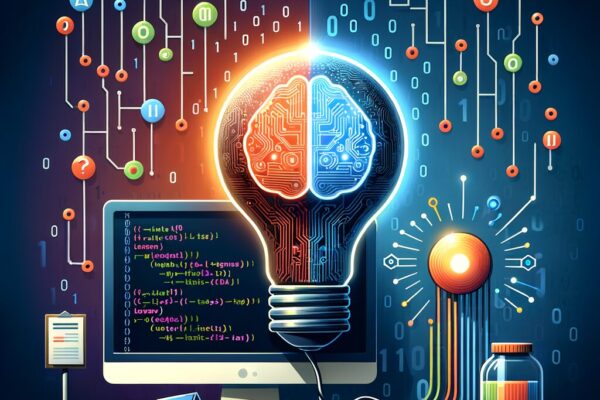
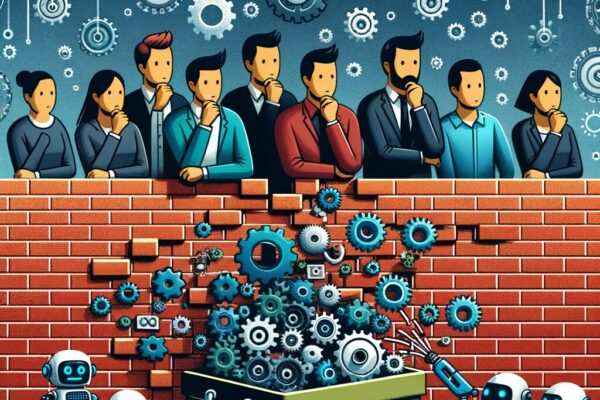

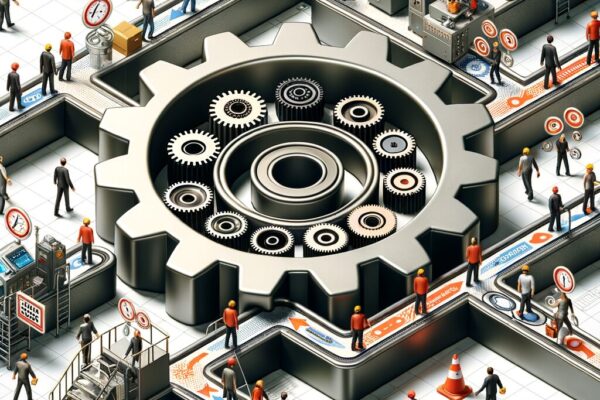

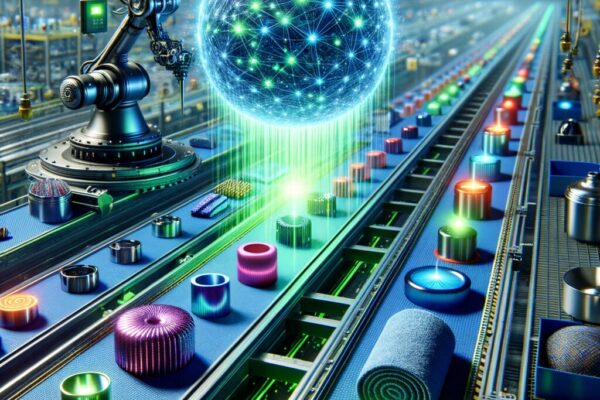






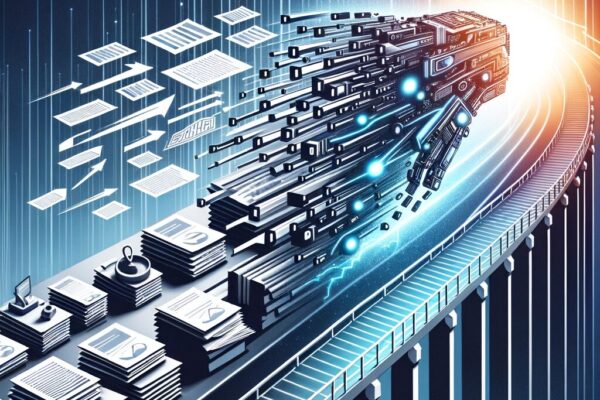






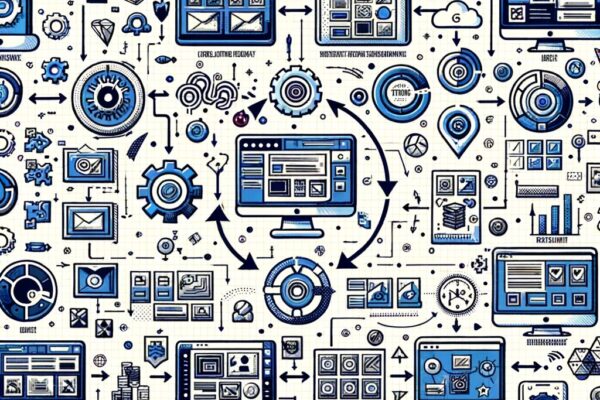




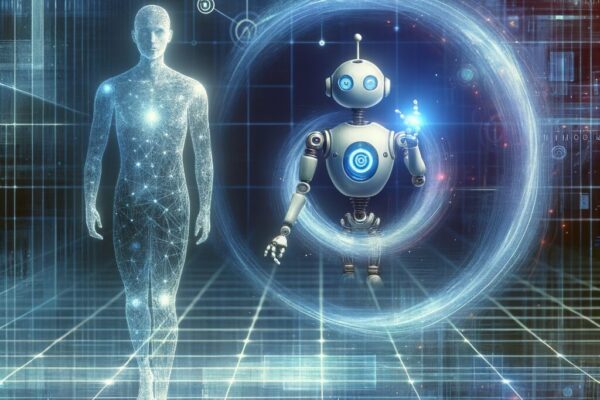


















































































































































Recent Comments